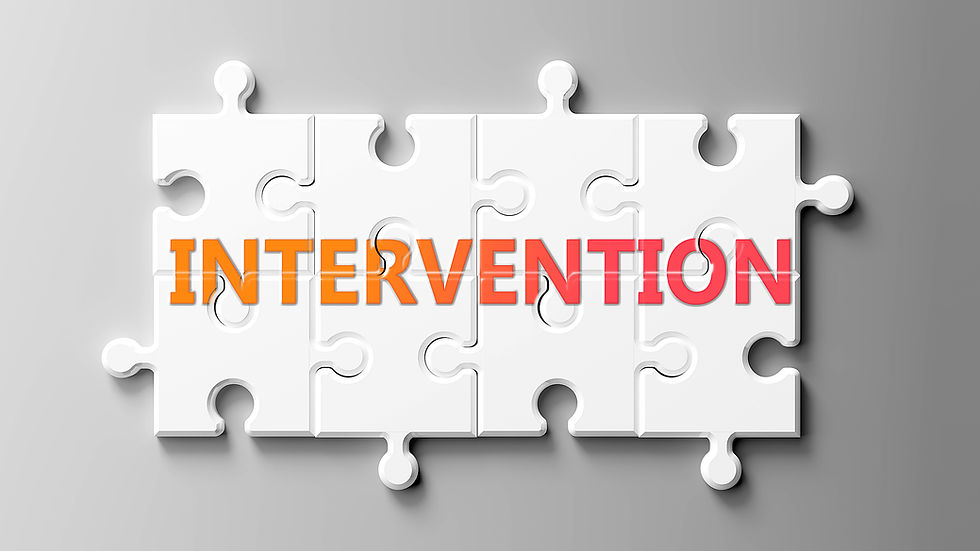The Importance of Internet Safety: Reflections from Internet Safety Month
- Jun 27, 2024
- 3 min read

As June, which marks Internet Safety Month, comes to an end, it is a fitting moment to contemplate the significance of internet safety in our ever-growing digital environment. Given the central role the internet plays in our everyday routines, it is more crucial than ever to guarantee that we and our dear ones move through this realm securely.
The Digital Landscape
The internet provides a plethora of opportunities for educational pursuits, social interactions, and recreational activities. It facilitates global connections, grants access to extensive information resources, and enables engagement in communities that resonate with our interests. Nonetheless, this interconnectedness also brings about notable risks that may impact our privacy, security, and overall welfare.
Common Internet Safety Risks
Cyberbullying: This form of bullying occurs online and can be devastating. It includes harmful, threatening, or demeaning messages and posts. Unlike traditional bullying, cyberbullying can happen 24/7, making it particularly invasive.
Privacy Invasion: Sharing personal information online can lead to privacy breaches. Hackers can use personal data to steal identities or access financial information, leading to severe consequences.
Inappropriate Content: The internet is home to content that is not suitable for all audiences. This includes violent, sexual, and explicit material that can be harmful, especially to young users.
Online Predators: These individuals exploit the anonymity of the internet to engage with and manipulate vulnerable users, often leading to dangerous situations.
Scams and Phishing: Fraudulent schemes designed to steal personal information or money are prevalent online. These can come in the form of emails, fake websites, or social media messages.
The Importance of Internet Safety
Internet safety is essential for protecting ourselves and our families from these risks. Here are some key reasons why practicing internet safety is crucial:
Protecting Personal Information: By being cautious about the information we share online, we can prevent identity theft and financial loss. Using strong, unique passwords and enabling two-factor authentication are basic steps to enhance our security.
Maintaining Mental Health: Exposure to cyberbullying and inappropriate content can severely impact mental health. By promoting respectful online behavior and using tools to filter harmful content, we can create a healthier digital environment.
Ensuring Safe Social Interactions: Teaching children and teens about the dangers of interacting with strangers online helps prevent dangerous encounters. Parents should monitor online activities and have open discussions about internet safety.
Preventing Financial Loss: Awareness of online scams and phishing attempts can save us from significant financial harm. It’s important to verify the legitimacy of websites and emails before sharing any personal information.
Building a Positive Digital Footprint: The content we post online can have long-term implications. Encouraging responsible and thoughtful sharing helps in maintaining a positive online reputation, which is especially important for young people entering the job market or applying to colleges.
Tips for Staying Safe Online
Educate Yourself and Your Family: Stay informed about the latest internet safety practices and share this knowledge with your family.
Use Privacy Settings: Adjust the privacy settings on social media and other online accounts to control who can see your information.
Monitor Online Activity: Keep an eye on the websites and apps that children and teens use. Use parental controls where necessary.
Think Before You Click: Be wary of links in emails and messages from unknown sources. Verify the sender’s identity before clicking on any links.
Report and Block: Use the report and block features on social media and other platforms to deal with inappropriate or harmful content.
Conclusion
Making internet safety a priority on a daily basis is not just a personal responsibility but a collective one. By promoting a culture of digital literacy and awareness, we can create a safer online community where individuals can freely explore, connect, and learn without fear of falling victim to cyber threats. Let us embrace the ethos of continuous learning and adaptation when it comes to internet safety, ensuring that we are well-equipped to navigate the ever-changing digital landscape with confidence and resilience.
.png)







Comments